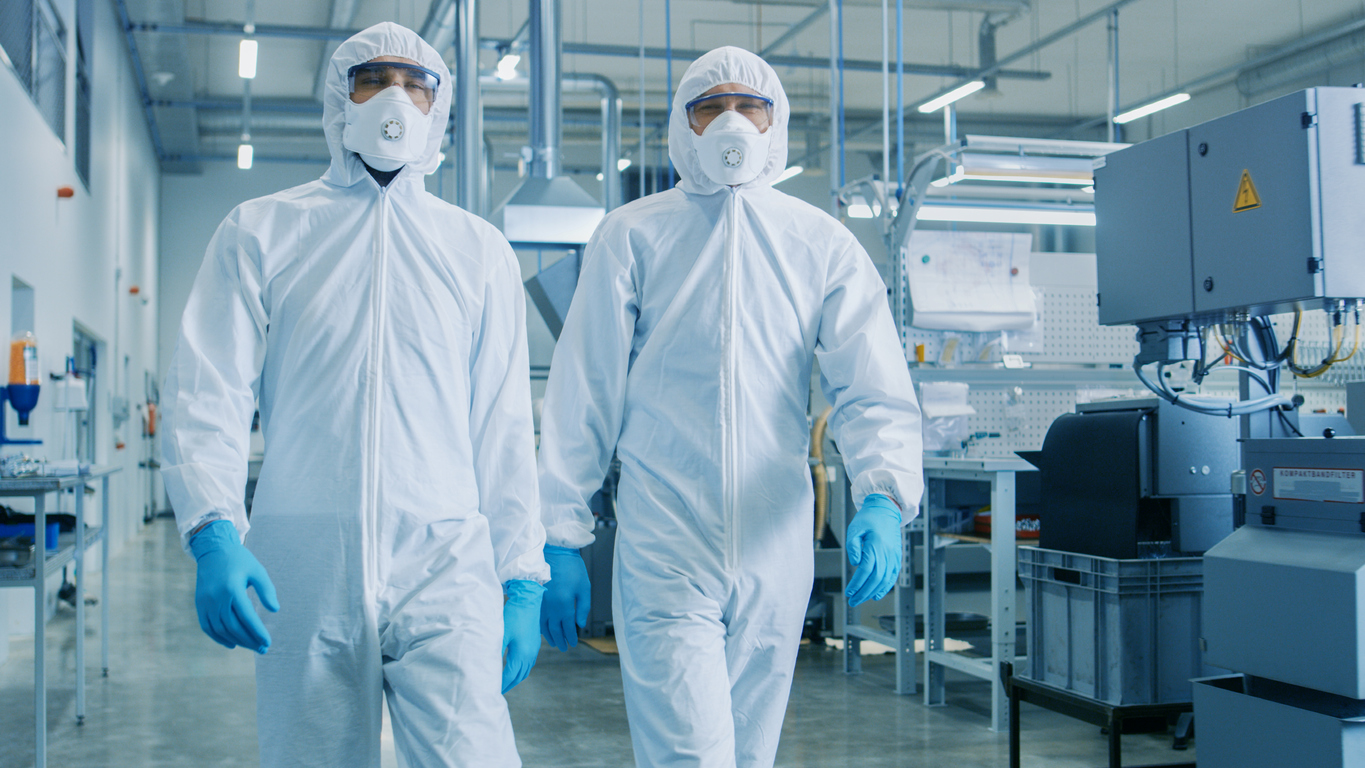Plasma processing is quickly becoming a staple in healthcare, manufacturing, robotics, and tech. As semiconductors continue to grow and new nanoscale technology (e.g., MEMS, NEMS, etc.) penetrates the mainstream, the role of plasma processing is increasing rapidly. From your phones and vehicles to your power system and doctor's office, products created with plasma processing are a part of our everyday lives.
But who is making the magic happen behind the scenes? Plasma etch process engineers are the invisible force guiding the world of semiconductors and nanotechnology. Despite their impact on our day-to-day lives, plasma etch process engineering remains a relatively obscure, niche, and hidden role. So what do plasma etch process engineers do? And why are they important for companies interested in plasma processing?
What is a Plasma Etch Process Engineer?
Plasma process engineers are responsible for developing recipes, equipment, and deliverables to meet manufacturing, R&D, and niche client needs. When you purchase a piece of plasma equipment for a specific purpose, the plasma etch engineer will be the qualified technician who helps you develop and define the hyper-specific parameters that your machine needs to produce your end product successfully.
As the Picassos of plasma etching, plasma engineers are the backbone of the plasma industry. Not only are engineers primarily responsible for innovations in the plasma etching space, but they're also the boots-on-the-ground employees that help turn miraculous ideas into fully-fleshed products.
Creating Plasma Recipes
It's easy to think of plasma etch process engineers as "plasma cooks." They combine the right materials, energy, temperature, gases, etc., to make the perfect end product. Of course, developing recipes is no easy task. Not only are there quintillions of unique combinations of various plasma processing parameters, but a minute change in each one may change others; they aren't independent. For example, a temperature change to suit a material will result in a shift in energy and flow rate. In other words, plasma processing engineers have to narrow down quintillions (the actual number is astronomically larger than a quintillion) of unique parameter combinations — while dealing with dependencies — to create the ideal "recipe" for your unique product.
According to the Journal of Vacuum Science and Technology, it would cost over $100,000,000,000,000,000 to test the average recipe if you tried to test every combination of plasma parameters. So, plasma etch process engineers are an absolute requirement for nearly every plasma etching project. To solve these incredibly complex equations, plasma etch process engineers combine a mixture of field experience with chemistry, mathematics, and physics. So, it's common to see process engineers with degrees in chemistry and physics and field experience.
Plasma etch process engineers need to have a deep understanding of materials, equipment, temperatures, physics, chemistry, and (to an extent) industry requirements. While specific industries like semiconductors, healthcare, and manufacturing command most of their attention, plasma etch process engineers still need to have a deep understanding of other sectors to provide the best solution for industry-specific needs.
It Gets More Complicated
Merely creating a recipe isn't enough. Plasma engineers need to create recipes that are scalable to meet manufacturing needs. This requires combining parameter requirements with time, material, and cost factors. Again, this adds more complexity to the overall recipe formulation. In a way, plasma etch process engineers have to combine science with people skills and client-centric practices. Their primary goal is to generate value for their clients, which could mean something as simple as technical support and answering questions or something as complicated as creating a recipe for a new product for a mass-production environment.
Additional Responsibilities
While recipes may be considered the "core" responsibility of plasma etch process engineers, they juggle more than one responsibility. For example, many process engineers are responsible for a variety of tasks, including:
- Aligning with customers on-site to handle specific project requirements and answer niche questions
- Coordinating with engineers and agents to develop new equipment or create new products
- Conducting gap analysis between equipment and customer requirements
- Providing troubleshooting and technical support for equipment
- Creating reports and policies
- Adhering to industry-leading safety standards
In other words, plasma processing engineers are the backbone of the plasma processing industry. So, it shouldn't be surprising that a plasma processing company's engineers are a critical component of their overall offering. When you scout out plasma processing companies, you should pay special attention to their process engineers’ quality, experience, and availability. To learn more about picking the right plasma processing company, check out the eBook "How to Choose a Plasma Etching and Deposition Partner."






